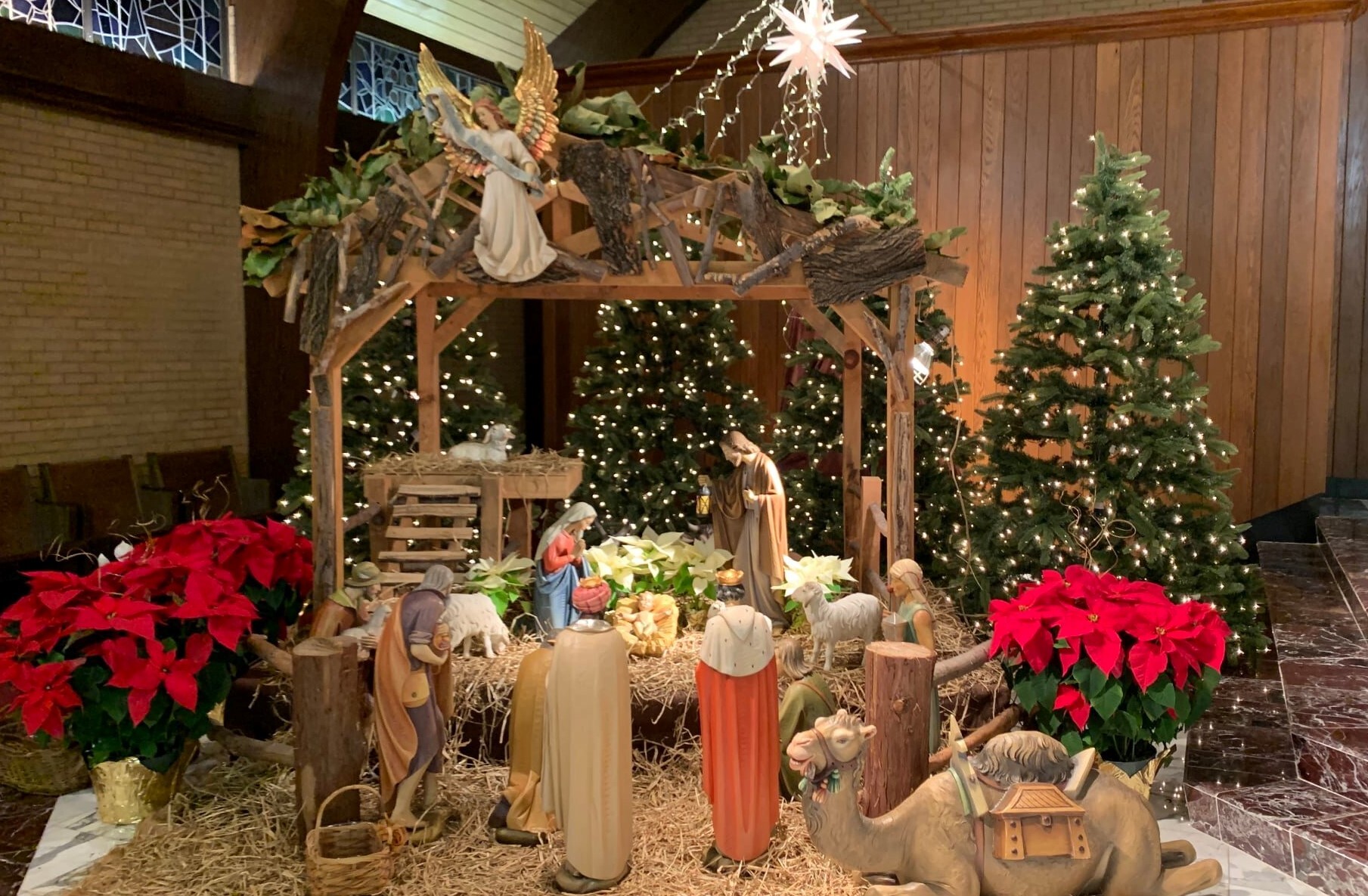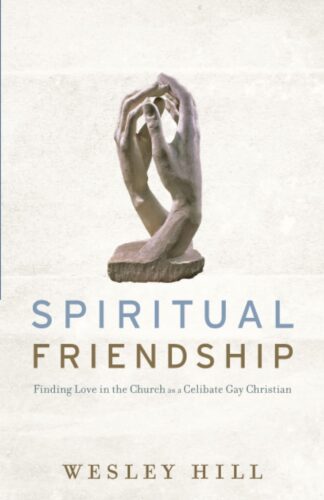The best Christmas homily I’ve ever heard was perhaps 20 years ago at my childhood parish, Epiphany of Our Lord, in Plymouth Meeting, Pa. My family had gone to the Family Mass, which, as you probably know, is held in most parishes around 4 or 5 p.m. on Christmas Eve to accommodate families with kids. Sometimes, it’s even earlier. I’ve been to Family Masses at 2 p.m., and I always think that it should at least be a little dark outside!
When it came time to proclaim the Gospel, Msgr. Joseph P. Gentili, then the pastor, walked over to the pulpit and looked out onto a sea of families, many of them trying their best to corral crying babies and fussing toddlers. Then, he launched into the Gospel reading for the Christmas Vigil Mass (Mt. 1:1-25).
It’s a long reading, tracing Jesus’s family tree all the way back to Abraham, through David and Solomon, past my younger nephew’s favorite biblical name—Zerubbabel—and ending with Joseph, Mary’s husband.
Matthew’s Gospel, which many biblical scholars believe was addressed to a largely Jewish audience, is very much concerned with linking Jesus to the Old Testament. Daniel J. Harrington, S.J., the New Testament scholar, used to tell his students that in Matthew’s Gospel presents Jesus as the “Old Testament fulfilled.”
In any event, Monsignor Gentili proclaimed that long reading, and you could hear kids crying and toddlers squirming as he read out unfamiliar names like Ram and Boaz and Rahab and Uriah.
After reading the Gospel, he paused and said, amidst the crying, “Well, you’re probably asking yourself: Why did he read that whole long reading?”
He said that it was to remind us that Jesus’s family wasn’t perfect.
It’s true. In the middle of that long list are some surprising people, who are not always the holiest men and women. To begin with, Abraham banishes Ishmael, his own son, and Ishmael’s mother, Hagar, into the desert. Jacob steals his brother Esau’s birthright by outright deceiving their father, Isaac. And David commits adultery with a woman named Bathsheba (after he spies on her while she’s bathing) and then arranges to have Bathsheba’s warrior husband, Uriah, put at the front of a battle in which he is killed, according to David’s awful plan.
Jesus’ family tree also includes Tamar, a Canaanite woman and someone outside the Jewish faith, who seduces her father-in-law, Judah, so that she can have a child. And there is Rahab, another Canaanite and an outsider, who is also a prostitute.
Our own families, messed up as they may be, are also places where the holy can dwell.
“Out of that family came something holy: Jesus,” said Monsignor Gentili. Our own families, messed up as they may be, are also places where the holy can dwell.
None of our families are perfect and nearly all of them are dysfunctional in some way. During the holiday season, many LGBTQ people know what it’s like to feel disappointed, confused or even angry about the ways that their families have treated them and still treat them. All sorts of past hurts can be called to mind and all sorts of new ones can surface. Even the dinner table can become a battleground.
In these times, it’s good to remember that amid those hurts and misunderstandings, holiness can still be found. Maybe it’s the one relative who treats you with dignity or the one family member who loves you for who you are. Or maybe it’s your own finally accepting yourself as a beloved child of God. Or maybe it’s the fact that even though it took many years to find acceptance in your family, you finally did. And as my current spiritual director likes to say: Is it any less a miracle if it took years?
Even Jesus, Mary and Joseph, as they lived in Nazareth, would have had aunts and uncles and cousins and in-laws and other relatives who weren’t perfect. So even the Holy Family knew what it meant to live among imperfections and, most likely, arguments, disagreements and misunderstandings. On Christmas, we can take a deep breath and remind ourselves how holiness always makes its home in humanity, just like God did at Christmas through the person of Jesus.
From all of us at Outreach—Ryan Di Corpo, Jai Sen and me—best wishes for a Merry Christmas.




